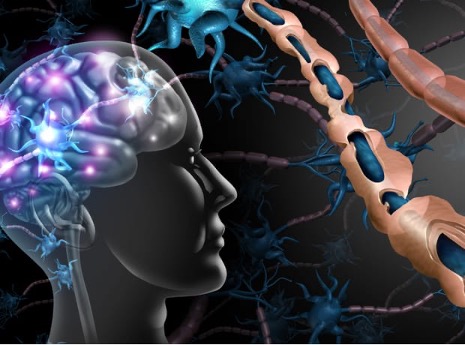MIT’s new MRI brain light-detecting technique could support brain cell studies
May 16, 2024
Source: drugdu
 567
567
 Engineers from the Massachusetts Institute of Technology (MIT) have developed a new technique using magnetic resonance imaging (MRI) to detect light deep in the brain, which could benefit future studies of the development and communication of brain cells.
Engineers from the Massachusetts Institute of Technology (MIT) have developed a new technique using magnetic resonance imaging (MRI) to detect light deep in the brain, which could benefit future studies of the development and communication of brain cells.
Published in Nature Biomedical Engineering, the new technique could help researchers explore the inner workings of the brain, such as changes in gene expression, anatomical connections between cells or how cells communicate with each other.
Commonly, scientists label cells with bioluminescent proteins that glow to allow them to track the growth of a tumour or measure changes in gene expression that occur as cells differentiate.
Known as bioluminescence, the novel technique uses MRI to observe the dilation of a protein in the brain’s blood vessels to pinpoint the source of light.
The team came up with a method to transform the blood vessels of the brain into light detectors to find a way to detect luciferase, a protein that comes in a variety of forms that glow in different colours deep within the brain.
Researchers engineered blood vessels to express a bacterial protein called Beggiatoa photoactivated adenylate cyclase (bPAC) to make blood vessels sensitive to light and observed that the enzyme produced a molecule known as cAMP, which caused the blood vessels to dilate and be detected by MRI.
The team implanted cells engineered to express luciferase when the CZT substrate is present and was able to detect luciferase with MRI to reveal dilated blood vessels. After using a viral vector to deliver the gene for bPAC in rats, blood vessels throughout the large area of the brain became light-sensitive.
Researchers then delivered the gene for a form of luciferase called GLuc to cells in the striatum, a deep brain region, to successfully detect light produced by the brain’s own cells.
Researchers plan to conduct further research on the technique in mice and other animal.
https://pharmatimes.com/news/mits-new-mri-brain-light-detecting-technique-could-support-future-brain-cell-studies/
By editorRead more on
- Phase III Clinical Trial of Recombinant Staphylococcus Aureus Vaccine Progressing Normality January 21, 2026
- Its drug marketing application for injectable iza-bren has been accepted January 21, 2026
- Kain Technology withdrew a drug registration application, resulting in a profit reduction of 111 million yuan in 2025 January 21, 2026
- Received Notice of Approval for Drug Clinical Trial January 21, 2026
- Breaking news! AstraZeneca to be delisted from Nasdaq. January 21, 2026
your submission has already been received.
OK
Subscribe
Please enter a valid Email address!
Submit
The most relevant industry news & insight will be sent to you every two weeks.



